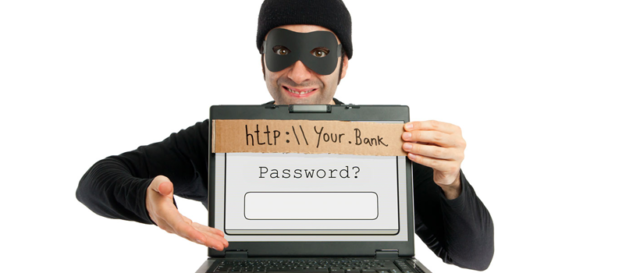In the ever-evolving landscape of cyber threats, phishing stands out as a particularly insidious menace to businesses of all sizes. This deceitful practice, which involves impersonating trustworthy entities to deceive individuals into revealing sensitive information, can have far-reaching consequences. In this blog post, we’ll explore how phishing affects businesses and why it demands our utmost attention.
- Financial Impact

Phishing attacks can lead to significant financial losses for businesses. When employees fall victim to phishing scams, they may inadvertently disclose financial data, such as credit card numbers or login credentials, which can be exploited by cybercriminals. Moreover, organizations may incur costs associated with incident response, legal fees, and regulatory fines.
- Data Breaches and Compromised Information
Phishing often results in data breaches, exposing sensitive company information and customer data. This not only damages a business’s reputation but may also lead to severe legal consequences and fines for non-compliance with data protection regulations.
- Damage to Reputation
Reputation is paramount in the business world. Phishing attacks can erode trust in your brand if customers or partners become victims of scams perpetrated using your company’s name. Rebuilding trust after a phishing incident can be a long and arduous process.
- Productivity Loss
When employees are targeted or fall victim to phishing attacks, it can disrupt business operations. Lost productivity, time spent on incident response, and potential downtime due to malware infections can all hinder the smooth functioning of a company.
- Legal and Regulatory Consequences
Many industries are subject to strict data protection regulations, such as the General Data Protection Regulation (GDPR) in the European Union or the Health Insurance Portability and Accountability Act (HIPAA) in the healthcare sector. A data breach resulting from a phishing attack can lead to investigations, fines, and legal actions, putting additional strain on a business.
- Intellectual Property Theft
Phishing attacks can also target intellectual property and trade secrets. Competitors or cybercriminals may attempt to steal proprietary information, putting a business’s unique advantages at risk.
- Loss of Customer Trust
Customers who fall victim to phishing scams perpetrated using a business’s name or resources may lose trust in the organization. They may avoid future interactions or, in the case of financial institutions, even close their accounts.
- Operational Disruption
Phishing attacks can disrupt business operations in various ways. Malware infections resulting from phishing emails can render systems inoperable, leading to downtime and financial losses.
- Employee Morale
Employees who inadvertently contribute to a phishing incident may experience guilt and stress, affecting their morale and overall job satisfaction.
- Ongoing Threat
Phishing is an evolving threat, with cybercriminals constantly refining their tactics. Businesses must remain vigilant and continuously educate their employees about the dangers of phishing.
Conclusion
Phishing attacks pose a clear and present danger to businesses, affecting them on multiple fronts, from financial losses and data breaches to damage to reputation and customer trust. To combat this menace effectively, organizations must implement comprehensive cybersecurity measures, including employee training, email filtering, and incident response plans. In the digital age, businesses that prioritize cybersecurity are better equipped to defend against the silent threat of phishing and safeguard their operations, reputation, and customer trust.


